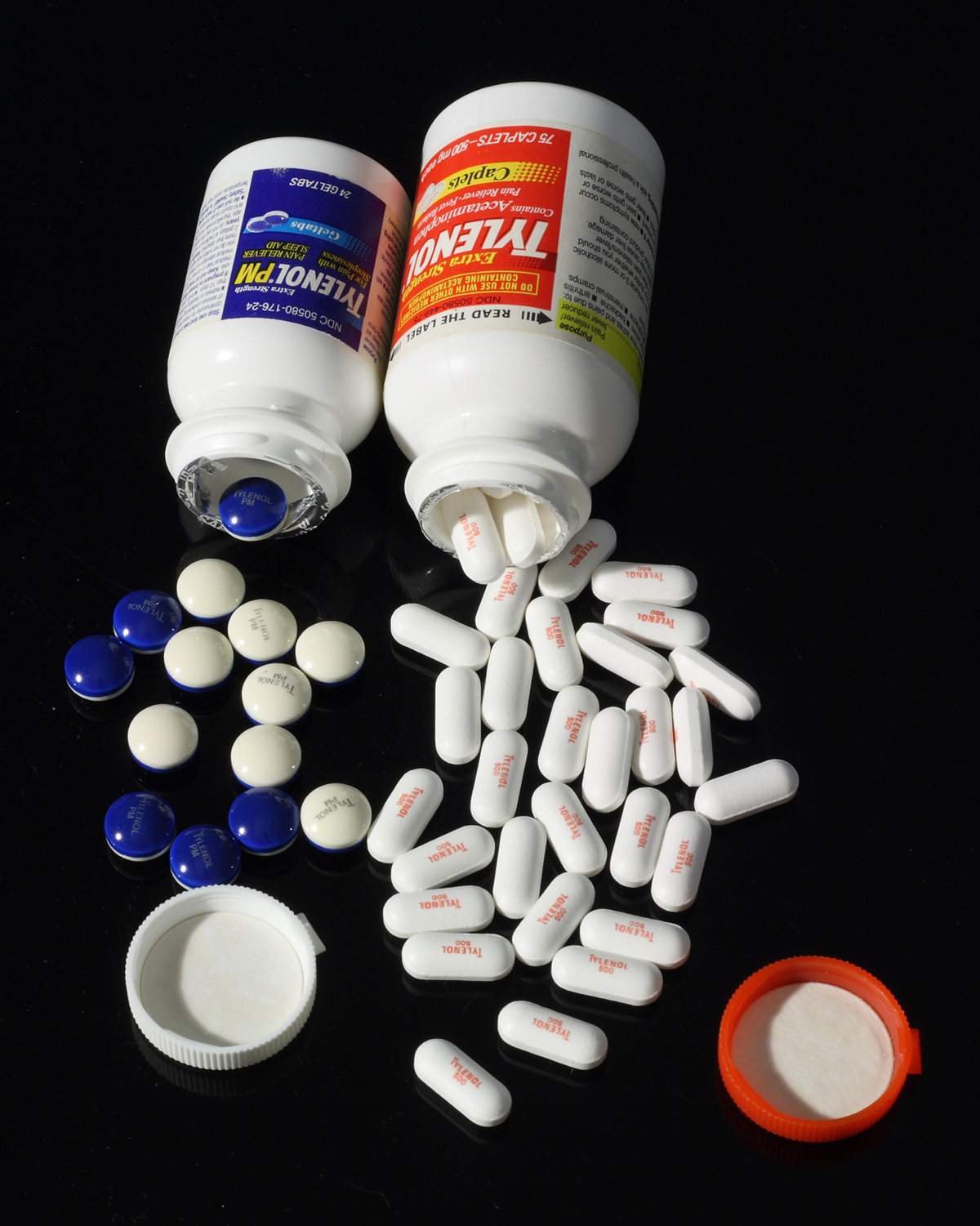
Introduction
Tylenol is a medication that is commonly used to relieve fever and pain and it is very efficient in the treatment of arthritis, headache, cold, toothache, muscle ache, backache and fever. It can be also used for the treatment of certain other conditions. Tylenol should never be used more than recommended because a Tylenol overdose could cause serious damage to the liver. Those who ingest moderate amounts of alcohol on a regular basis should consult the doctor before taking Tylenol. It should never be mixed with any cough, allergy, pain or cold medications that contain acetaminophen.
Side Effects
Hepatic side effects of Tylenol include hepatotoxicity and severe hepatitis which may sometimes even be fatal if it occurs in patients who are alcoholics. Even the modest doses of Tylenol can sometimes trigger hepatotoxicity in alcoholic patients. Rare cases may also include agranulocytosis, plasmacytosis and even a leukemoid reaction. Gatrointestinal side effects of Tylenol include cholestasis and acute biliary pain, while acute pancreatitis may occur in extremely rare cases.
Renal side effects are the rarest of all side effects caused by Tylenol and when they occur they commonly include interstitial nephritis, acute tubular necrosis and acute renal failure. The renal side effects are usually caused by chronic abuse hepatotoxicity or an overdose. Some rare cases may also include renal cell carcinoma while the occurrence of acute tubular necrosis is usually affiliated with liver failure. Some patients may even experience the end-stage renal disease.
Tylenol can also cause certain hypersensitivity side effects and the most common ones include fixed drug eruptions and anaphylaxis but these types of side effects do not occur that frequently. Hematologic side effects of Tylenol include rare cases of acute thrombocytopenia which are usually associated with one’s sensitivity to acetaminophen glucuronide.
Some other rare cases have also included methemoglobinemia as well. Most dermatologic side effects of Tylenol are rare but they still do sometimes occur and they include erythematous skin rashes, purpura fulminans, bullous erythema and epidermal necrolysis. Respiratory side effects are not that common for Tylenol, but still there are some cases of eosinophillic pneumonia that have been reported. Cardiovascular side effects of Tylenol most commonly include a significant decrease in blood pressure and sometimes even hypotension may occur. It should be stressed that no cardiovascular side effects are associated with the symptoms of anaphylaxis. Metabolic side effects of Tylenol includes metabolic acidosis but it is usually caused by a massive overdose.

















Your thoughts on this
Loading...